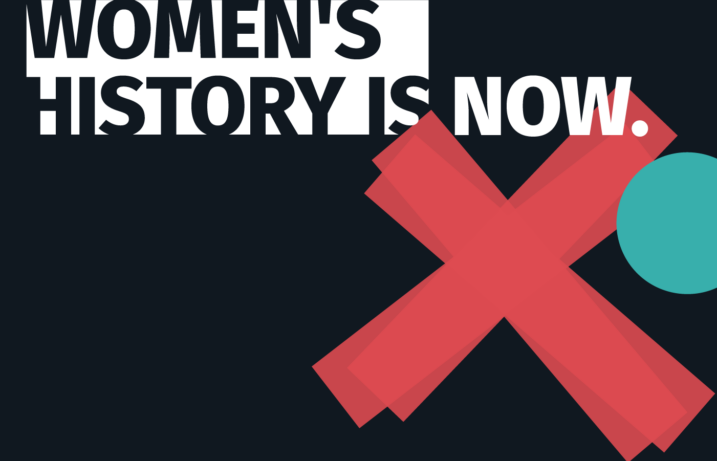This article is part of the Coaching Collective series, featuring tips and expertise from Flatiron School Career Coaches. Every Flatiron School graduate is eligible to receive up to 180 days of 1:1 career coaching with one of our professional coaches. This series is a glimpse of the expertise you can access during career coaching at Flatiron School.
Women have been a part of the history of technology for many years. Some of the most significant women include Ada Lovelace, who wrote the algorithms for the first computer in the mid-19th Century, and Grace Hopper, who was the first programmer who translated mathematical code into machine-readable code. Yes! The first coders in history were women!
The path for women was carved since the beginning of programming and continues to expand as more women move into what are male-dominant sectors of tech, such as software engineering and cybersecurity, In this article, I share a small part of my career and look back at what enabled me to thrive in my 20 years in the tech industry.
5 Tips for Developing Your Career in Tech
1. Motivation: Be clear on your why. What is driving and motivating you to be in tech?
My personal motivation was to be part of the future by making technology and the Internet accessible to everyone. I grew up seeing the advantage some people had over others with having access to computers and the Internet. I became part of a movement to make technology accessible in community centers like libraries or online through community-based websites.
2. Opportunities: Take advantage of the opportunities presented to you.
After college, I thought I wanted to be a teacher and was recruited to join the Peace Corps to teach English in Poland. While there, I had the opportunity to work on some community projects. I ended up becoming the project manager for the first community technology center in the Peace Corps which provided access to computers and training to the small Polish village of Czaplinek. This was just a few years after the Berlin Wall went down and Poland was freed from communism. From there I continued to pursue project management roles starting in nonprofits and community-based organizations and then later moving on to big tech companies.

3. Rebound in Economic Hard Times
I made my move from working in community-based technology to corporate tech. During the economic recession of 2009, I suddenly found myself as a single mom. Already in a challenging situation and time in life, I was also laid off. To dig out of financial hardship, I wanted to upskill by obtaining the project management professional certification. This would enable me to better compete in the current landscape. As a woman and member of the Choctaw Indian Nation, they offered me a scholarship to attend a project management certification program. I spent every opportunity I could studying and preparing for the four-hour exam.
A few months after passing the exam, I landed a project management role at Microsoft to help with their Windows 7 launch. From there, I continued to work in consulting for a variety of tech companies including Costco, Boeing, Starbucks, T-Mobile, and Premera Blue Cross for another 15 years before moving over to career coaching.
4. Talents: Follow your talents – tech has a variety of opportunities for just about anyone to use their talents and skills.
I had a natural tendency toward planning, organizing, coordinating, achieving goals, and bringing people together so project management was the clear path that emerged for me. What talents and interests might you have that are also valued in tech companies?
5. Timing: With the push for diversity, equity, and inclusion there has never been a better time for women to get into tech.
More initiatives are coming up all the time that include recruiting, training, coaching, and supporting women to move to tech to help close the gender gap. There are many programs such as Flatiron school’s Women Take Tech Scholarship.

Women have already demonstrated their value.
The women that worked in tech and came before you have widened the path of opportunities but there is still more to be done. In 2021 only about 25% of jobs in technology are held by women. Where do you see yourself in tech? What will be your contribution? Your story could be next but it starts with a vision you believe in, then a plan of action to get started.
About Julie Allen
Julie Allen is a career coach with Flatiron School. She also has a private career coach business called The StoryMakers. Julie comes from 20 years as a manager in the tech industry helping corporate America achieve its goals. She is located in the Seattle area, where she inspires young professionals to go after their dream jobs. Julie holds a BA in English and Psychology from Washington State University and an MBA from Golden Gate University.




